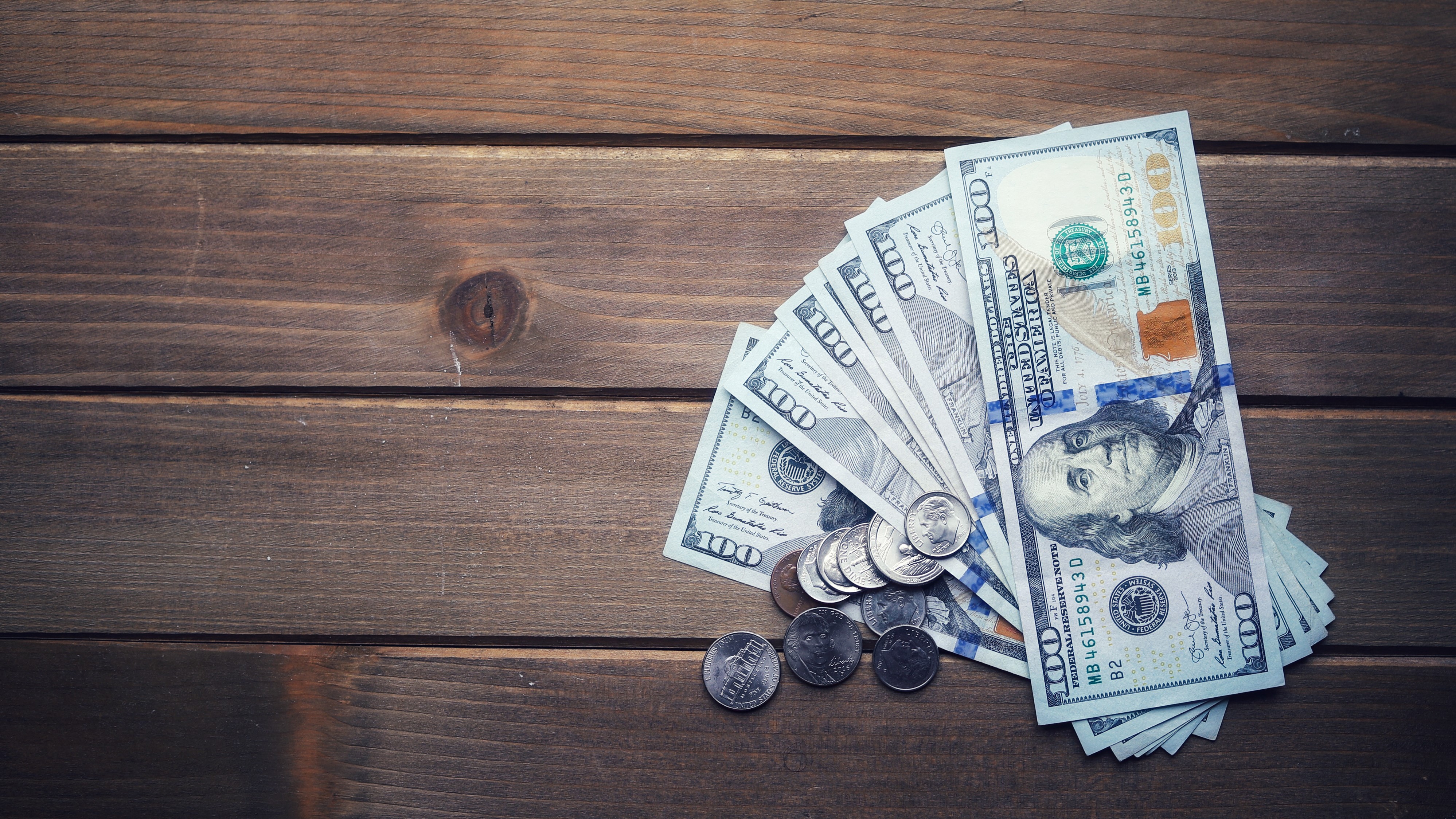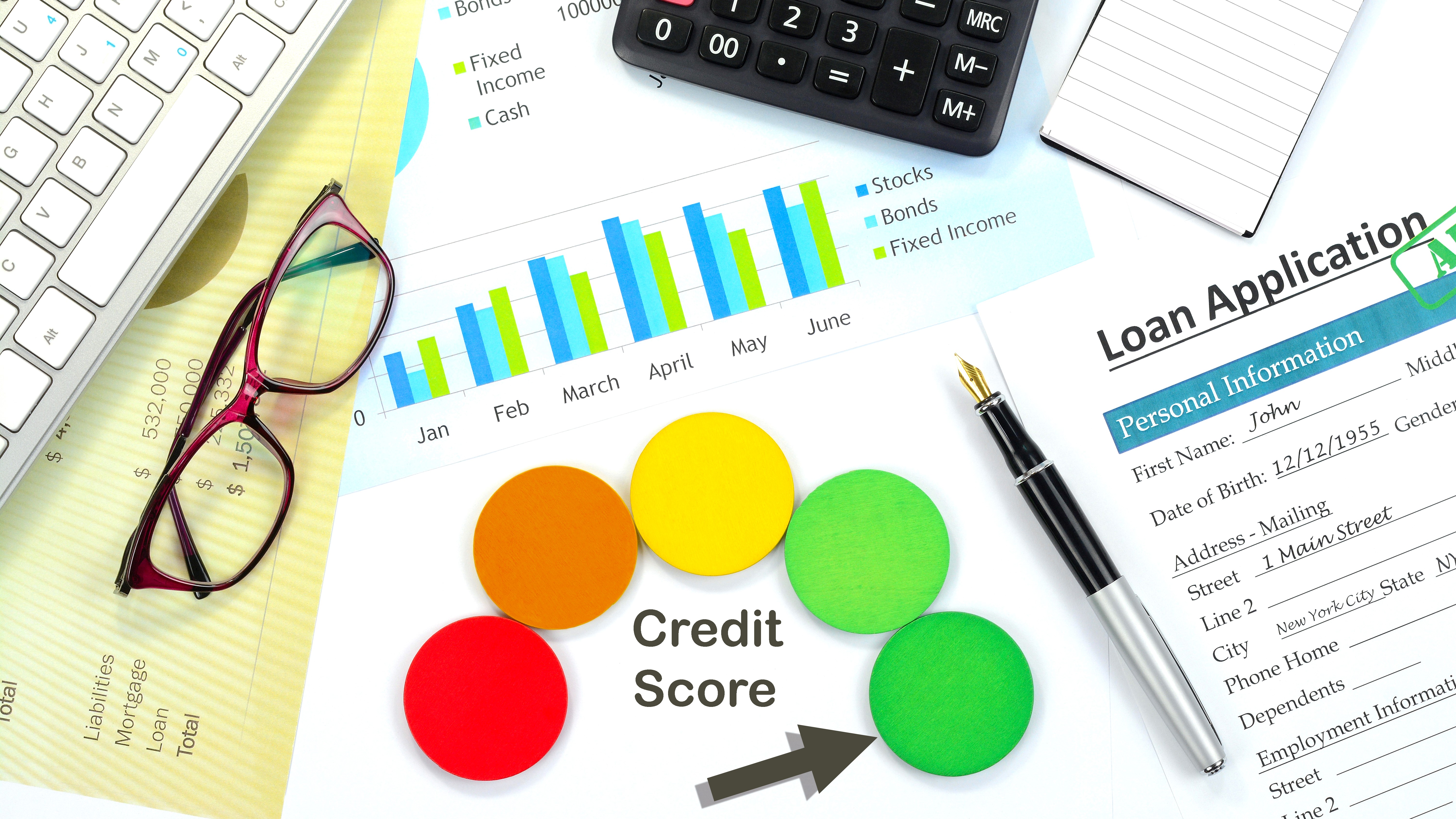If you’ve been hit with an unexpected bill or perhaps your other debts require some better management, you may be tempted by the best personal loans online. But before you head off to make that application, there’s one key question you’ll likely want answering: do personal loans hurt your credit score? Let’s take a look.
What is a personal loan?
A personal loan is a method of borrowing that isn’t tied to any specific purpose. You’re free to use the money for anything you like, and as such are commonly used to pay for things like medical bills, weddings, home repairs or appliances. You repay the loan over a set period, paying fixed monthly instalments, and at the end of the term you’ll be debt-free.
Personal loans can be sourced from banks, online lenders and credit unions, and in terms of rate, they’re a half-way house between credit cards and secured loans: they’ve typically got lower rates than even the best credit cards, and as such are often used to pay off credit card debt or to consolidate existing debts into a single, easier to manage payment, as happens with debt consolidation companies. Conversely, because of the unsecured nature of personal loans, rates are often higher than with their secured counterparts, where you’re putting up an asset (typically your home or car) as collateral.
However, the rate you’re ultimately offered will depend on a number of different factors, including the amount you’re looking to borrow, the term in which you want to repay it, and your credit score. The better your score, the better your rate is likely to be – though if your score is less than perfect it may be wise to look for the best credit repair services before you apply. However, the effects of a personal loan on your future credit score aren’t quite as clear cut.

How can a personal loan impact your credit score?
There are several aspects of your credit score that need to be considered in relation to personal loans. The first one is your credit utilization ratio, which measures how much of your available revolving credit (credit that lets you repeatedly borrow up to a set limit and pay it back over time) is in use.
There are also credit checks to consider, the impact of missed payments, building a credit history and your overall credit mix. Ultimately, a personal loan can impact your score positively or negatively depending on how you manage it, and all of these factors can play their part.
How can a personal loan hurt your credit score?
If you’re already beginning to struggle with debt, taking on more may not be the best solution, particularly if you don’t change your previous spending habits. If you use a loan to pay off your credit card debt, for example, it’s important to stop spending on that card to avoid racking up even more debt than you started with. If you don’t, and you start missing payments or your credit utilization ratio increases, your score is likely to drop considerably.
Alongside that, you also need to be confident that you can make the repayments each month. Given that missed payments are the leading cause of poor credit scores, you absolutely don’t want to miss any, otherwise your ability to secure credit in the future, including the best mortgages, could be impacted as you’ll instantly get a black mark against your file.
Then there’s the fact that lenders will perform a credit check when you apply for any form of finance, and a personal loan is no exception. This will negatively affect your credit score, but only for a short time; provided you don’t apply for a lot of loans over a drawn out period, the long-term impact should be minimal, with a single hard inquiry only lasting a few months.

Can a personal loan improve your credit score?
At the other end of the scale, a personal loan has the potential to improve your credit score over time, provided you manage it appropriately.
For starters, by taking out a personal loan you’re enhancing your credit mix, which can be a great way to boost your credit score. This is particularly the case if most of your current credit commitments are revolving, and even more so if you’re using the loan to repay credit card debt – doing so reduces your credit utilization ratio (personal loans are instalment rather than revolving and therefore aren’t factored into this calculation), so you’re getting double the benefit.
Then there’s the fact that, by taking out a loan and repaying it consistently, you’re building up a positive credit history and proving to lenders that you’re a responsible borrower. This has the potential to improve your credit score as you’re not viewed as a credit risk, and should increase your chance of acceptance when applying for credit in the future.
The key thing to remember when it comes to personal loans and credit scores is that it all comes down to how you manage it. As with debt consolidation and its impact on credit, there’s the potential for a loan to negatively impact your rating but, when used wisely, a personal loan can be a great way to both improve your score and manage your finances as a whole.

